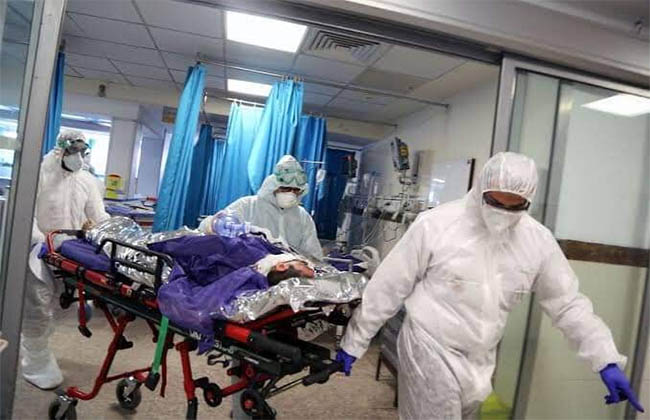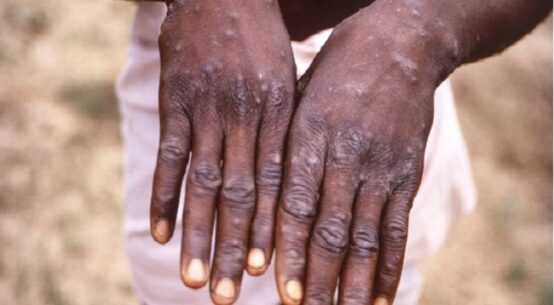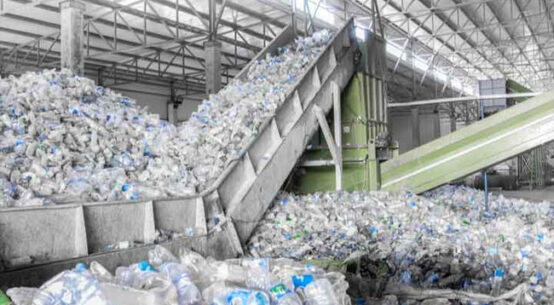
In a society like ours where people are ready to overlook health hazards in the pursuit of economics, it’s difficult to get them excited about purely political issues like democracy, elections etc. One faces the paradox of politics versus economics as society begins to surge towards greater better economics. The pace of economic progress usually determines the trends and shifts in societies which move from low surplus to significant ones.
However, the political interpretation of livelihood searching has always been weak and is always decorated with noble and altruistic slogans but history shows that its economics which has the last word. Bangladesh is no different.
Corona and democracy
The crisis is even more in the time of corona when so much has been rent asunder. Lives and livelihood have crashed and we see a new set of realizations that life and livelihood are both fragile, far more than thought before. Basically, life and the way of life has changed so drastically that life before March 2020 now seems like a world that never was.
Given that fact and also the possibility of Covid’s long term residence in our lives, the world in all probability will never be the same again in several life times. One of the casualties of this crisis has been politics.
Covid is bad for politics and sports that is any mass gathering. Participation is critical for both but we don’t see the possibility. But it also means that it’s time to review what politics really stands for ? Has it served everyone or is it just a crowd gatherer that ends in elections which sends a powerful group of elite to power. Or should ask one feels if politics as an institution as it has flowed down the ages really is relevant for today’s world or not ?
Politics itself becomes questionable after the Indian experience where the ruling party gave priority to elections over management of Covid. In fact the main objective was removal of a major opponent to the same. BJP wanted Mamata Banerjee and her Trinamaool Congress to go and therefore instead of focusing on Covid management tried a very risky political strategy. It was certainly not about human life as a priority but political objectives.
The price of that prioritization was paid by the Indian people who are now the global corona hotspot and with no sign of quick abatement, millions will suffer. Yet to be honest, political, electoral and democratic objectives were all achieved.
It’s for this reason that one must ask if all the three components are necessary now and if so in which shape and form. People of India are paying a steep price for its democratic norms and elections and that is a strange equation indeed. Very cynically put, its democracy and its practice that may have killed thousands because the ruling party did nothing wrong except to put the democratic wheels in motion. And if there is democracy, they should be accountability so how can this have happened when so called democracy is active ?
Such questions will not easily go away in future and they are interrogating if democracy in its current shape matters at all or not.
The China model
It’s also becoming difficult to ignore China as it emerges as a major power amidst the pandemic. The argument that China exported the virus and now is taking advantage has limited impact on the post-Trump era. Even if the case is true, it’s a telling sign that democratic regimes are inherently weak in threat management. In that case, China will keep on sending such viruses and end the rest of the world. It’s not democracy but something else that can save the world.
As the Wuhan episode ended and the virus went global, many Western experts were saying that the situation will be different in the West as it’s not a “structured society” like China. It basically meant that democratic societies are not great at mobilization and discipline while “disciplined/autocratic” ones are. In that case, how should societies manage themselves and survive in the age of climate change, a far greater threat than the virus?
But the problem is the purpose of democracy in today’s world. There is no evidence that democracy leads to efficiency. It’s impossible to avoid the Chinese /Indian comparison in this case. If there was democracy, how come accountability didn’t automatically kick in ? or is it possible that the idea of “accountability” itself has limited application because it can be flouted in the name of democracy itself.
What is more important is to look at governance institutions and mechanisms and their efficiency level. In a country where the political parties are corrupt and low performing, how can regular switching of such groups be considered an ideal democracy practice to justify their misruling?
Every aspect of society appears to go through a deified stage and it also ends after a while. Democracy faces that challenge. It has become a matter of faith rather than evidence. And that is why at least questions about democracy and if serves the people should be asked more. Covid has provided the opportunity.
Afsan Chowdhury is a journalist, columnist and liberation war researche,. He received Bangla Academy Award in 2018 for his contribution to the liberation war literature.


